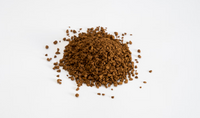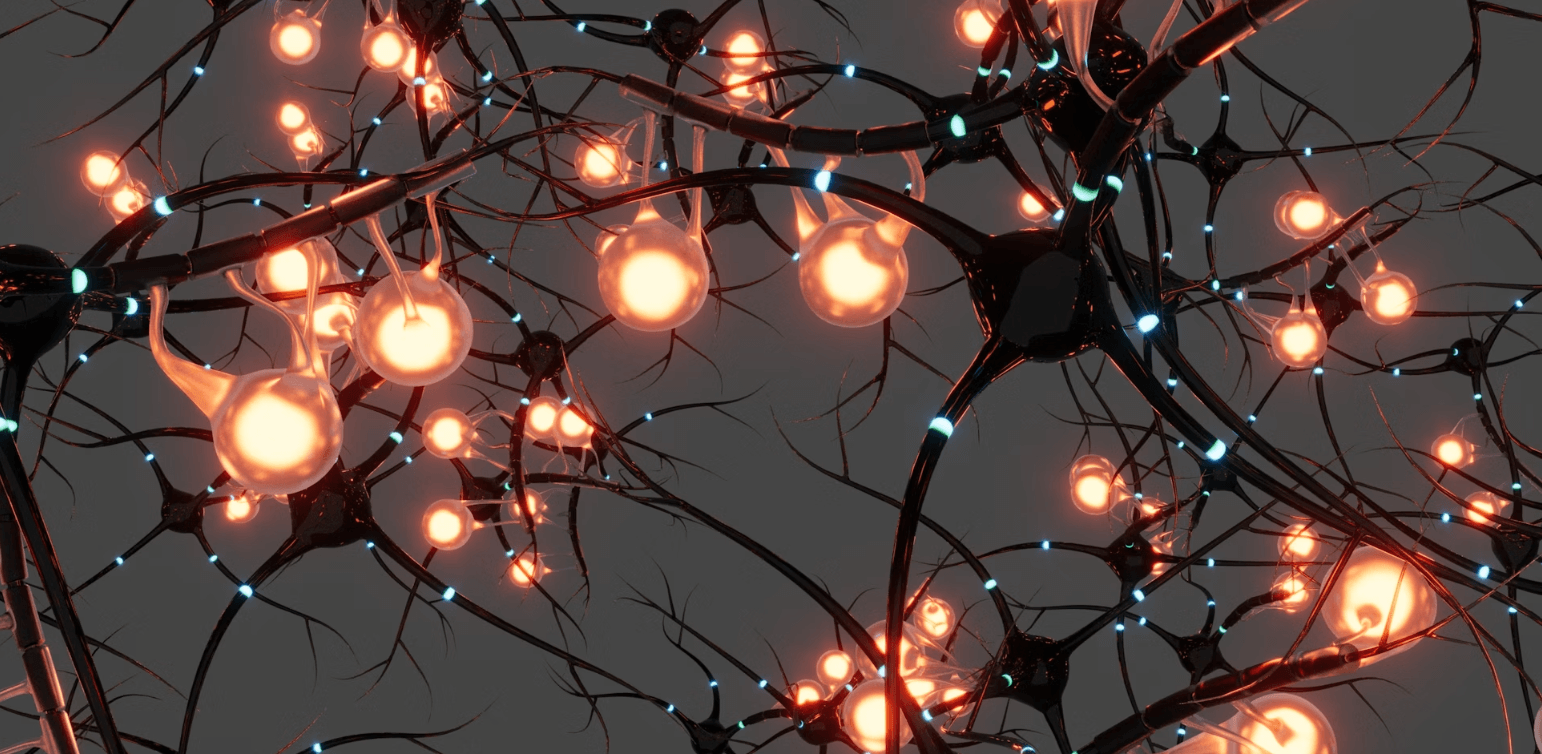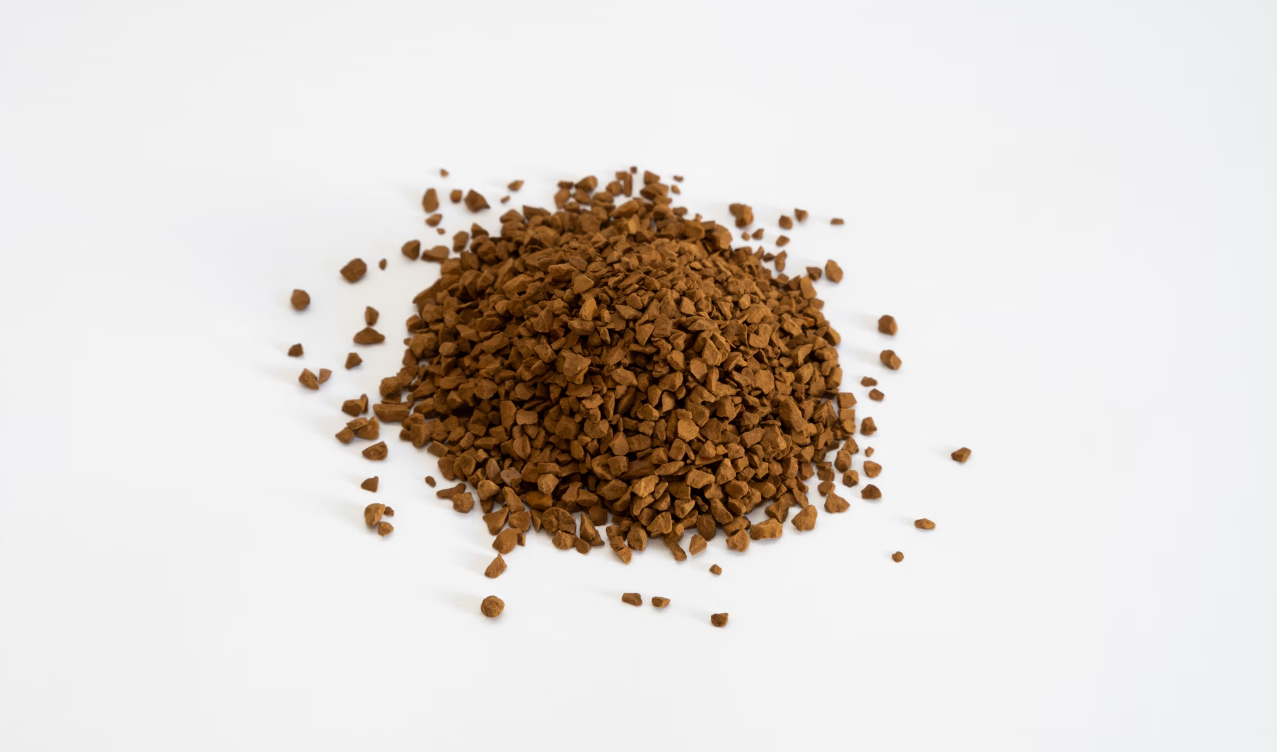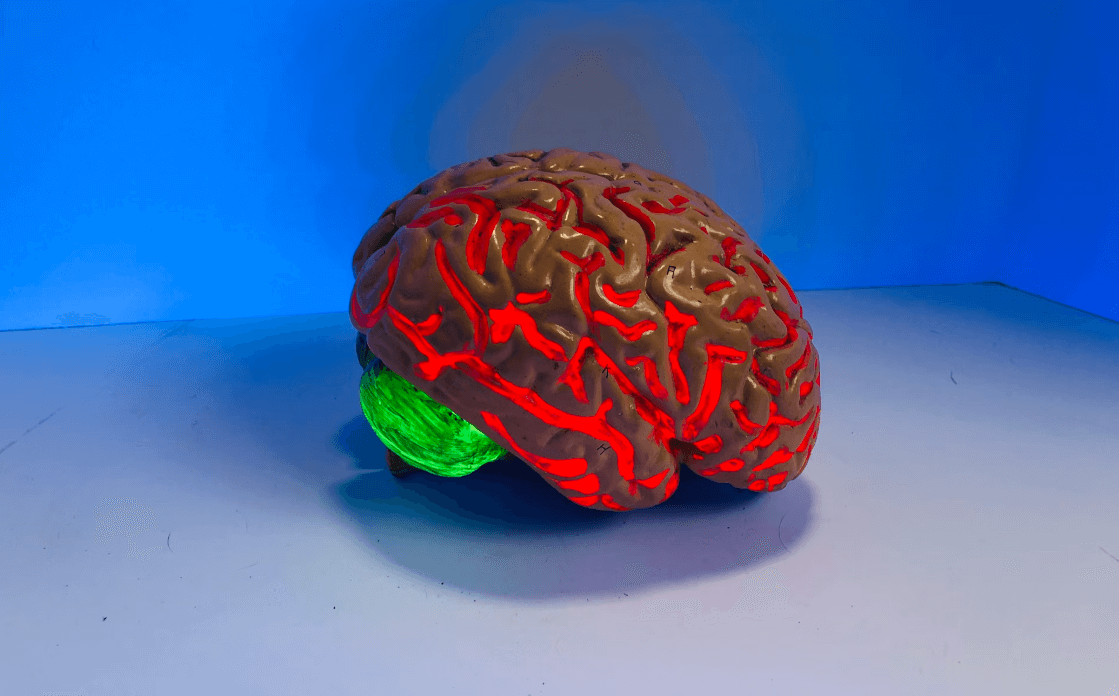The Lion's Mane Mushroom is a type of fungus that has been used in traditional Chinese medicine for centuries. Recently, it has gained popularity as a nootropic - a substance that enhances brain function. In fact, the Lion’s Mane mushroom has been used as a dietary supplement and as a medication to treat anxiety and depression.
Lion's Mane Mushroom is believed to improve cognitive performance, memory, creativity and focus. Additionally, it has been shown to have some impressive health benefits, including reducing inflammation and boosting the immune system.
In this blog post, we will discuss the 7 most surprising health benefits and side effects of Lion's Mane Mushroom. This mushroom, also known as Reishi, has been used for thousands of years as a medicine and tonic for overall well being. It is believed that this mushroom contains the most powerful and effective polysaccharide (a type of carbohydrate) called lentinan. The lentinan in this mushroom has been shown to have potent immune enhancing properties and can protect the body from cancer and other diseases. One of the most amazing things about this mushroom is that it has been used for thousands of years in Japan and China and has recently been shown to have powerful anti-aging properties.

Increase Immune System Activity
Lion's Mane Mushroom is rich in polysaccharides, which have been shown to stimulate the immune system. Lion's Mane Mushroom may also help to prevent infections from bacteria and viruses by preventing them from attaching themselves to cells within the body.
Lion's Mane Mushroom May Help Relieve Anxiety and Depression
Lion's Mane Mushroom is a natural source of compounds called polysaccharides. These molecules have been shown to improve mild symptoms of anxiety and depression. However, more human research is needed to better understand the correlation. Polysaccharides are complex carbohydrates that are abundant in plants and some mushrooms. Their chemical structure is similar to that of starch. Some researchers believe that they may have anti-inflammatory properties. However, more research is needed to confirm this.

Dementia May Be Avoided
Lion's Mane Mushroom is a rich source of compounds called beta-glucans. These molecules stimulate the growth of brain cells and protect them from damage caused by Alzheimer's disease. In fact, Lion's Mane Mushroom has been shown to improve cognitive function in patients with mild to moderate Alzheimer's Disease.
Prevents Ulcers in the Digestive Tract
Lion's Mane Mushroom has been shown to protect against stomach and intestinal ulcers in rodents. The polysaccharides present in Lion's Mane Mushroom are believed to be responsible for this effect. Lion’s mane extract may also help to soothe the digestive tract and reduce inflammation.

Nervous System Injuries May Recover Faster
Rat studies have found that lion’s mane extract can speed up the recovery time from nervous system injuries, but human research is lacking. Lion's Mane Mushroom may help to protect nerve cells and promote their growth and repair. Lion’s Mane mushroom extract may be particularly beneficial in preventing the effects of aging on the central nervous system. The ability of the extract to inhibit the inflammatory response and support neurogenesis (the growth of new brain cells) suggests that it could be useful in treating conditions associated with neural degeneration.
Anti-Inflammatory and Anti-Oxidative Stress Properties

Lion's Mane Mushroom is a rich source of antioxidants and anti-inflammatory compounds. These molecules help to protect the body from damage caused by oxidative stress and inflammation. Lion's Mane Mushroom may be especially beneficial for people who are chronically ill or have conditions that promote inflammation.
Cancer Prevention and Treatment Potential
Lion's Mane Mushroom has been found to kill cancer cells and slow the spread of tumors, but human research is still needed. Lion's mane extract may also help to prevent DNA mutations that lead to cancer development. Lion's mane mushroom may be especially effective against breast, prostate and colon cancers.
Side effects and safety
Animal studies suggest that lion’s mane mushroom and its extracts are very safe, even at high doses. However, allergic reactions in humans have been reported, so anyone with a known mushroom allergy should avoid it. Lion's Mane Mushroom may also interact with certain medications, including blood thinners and diabetes medications.











